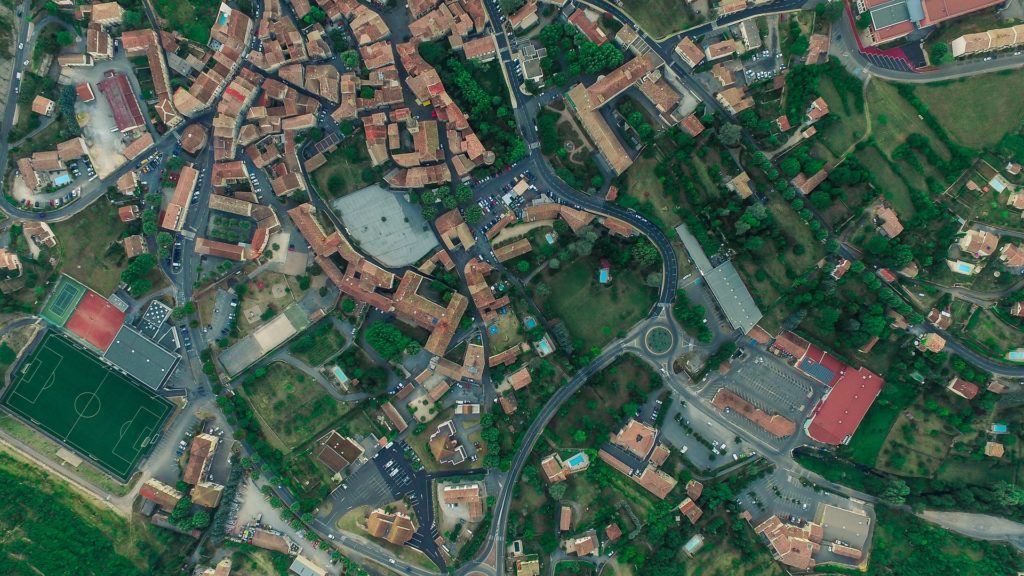Community Association Emergency Powers: Enforcing Emergency Shutdown of Common Areas
Reading Time: 5 minutes
The global pandemic COVID-19 has entrenched itself on American soil. Many workplaces have been shut down, schools are closed, and people are quarantined in an effort to mitigate the spread of the virus through social distancing. On March 9, 2020, Florida Governor Ron DeSantis declared a state of emergency in Florida due to the COVID-19 outbreak and similarly, local governments have followed suit. Here in Jacksonville, Mayor Lenny Curry issued an executive order on March 23, 2020 shutting down non-essential businesses and requiring those who can work from home to do so. By April 1, both state and local governments doubled down, with Mayor Curry issuing a “Safer at Home” Order imposing further restrictions on Jacksonville residents, and Governor DeSantis mandating a Stay At Home Order for thirty (30) days.
Like employers, many Community Associations have placed safety first and used statutory emergency powers [1] to shut down the common areas within the community such as a pool and gym indefinitely. However, not all common elements can be shut down by a lock and key. Many outdoor common elements without a door, roof, or fence, such as playgrounds, athletic fields, basketball courts, volleyball pits, etc. have been shut down by the Community Association, but there is no simple enforcement method to prevent people from accessing and using these common areas. In fact, during this time, as children are out of school, parents and workers are stuck at home, and most businesses are shut down, many residents are flocking to these common areas to pass the time throughout the day. Many Community Associations have placed signs on these common areas stating that they are closed, however, in many instances, these signs have failed to deter owners, occupants, and guests from accessing these common areas and coming in close contact with others within the community. With that in mind, here are a couple of mechanisms Community Associations can use to enforce these common area shutdowns:
- Many communities afford common areas such as athletic fields, basketball courts, volleyball pits, etc. The Community Association can enforce the shut down of these common areas by removing the rim of the basketball goal, removing the net from the volleyball pit, or removing the goals from the field. Without the necessary equipment to use these areas, their purpose is rendered useless. Residents would be less likely to flock to a basketball court where they cannot play basketball, or a volleyball pit where they cannot play volleyball, etc.
- Community Associations have the right to levy fines to those who fail to abide by the Declaration, Bylaws as well as Emergency Rules and Procedures imposed by the Community Association in the wake of the COVID-19 outbreak. If this method is used as a mechanism for enforcement, no fine may exceed $100.00 per violation, although a fine may be levied on each day of a continuing violation (if an owner, for example, keeps using the common areas after being fined) provided that the aggregate does not exceed $1,000. Stat. § 718.303(3); 720.305(2). Fines may be levied against owners, unit occupants, or guests. Id. However, the fine may not become a lien against a unit. Id. Community Associations may also suspend, for a reasonable period of time, the right of an owner, occupant, or guest for a reasonable period of time from use of these common areas. Fla. Stat. § 718.303(3)(a); 720.305(2)(a). However, it should be noted that any fine or suspension requires process. Before a fine or suspension can be imposed against an owner, occupant, or guest, the community association must provide fourteen (14) days’ written notice of the impending sanction, and an opportunity for a hearing must be afforded to the alleged violator. If the proposed fine or suspension is approved, the fine payment is due five (5) days after date of the meeting at which the fine is approved. The community association must then provide written notice of such fine or suspension by mail or hand deliver to the owner, occupant, or guest.
- In many circumstances, these common areas may be owned and/or managed by the Community Association. As such, the Community Association may enforce criminal mechanisms such as trespass on property and obtain the help of law enforcement to keep these common areas shut down and deter others from using the common areas while the shut down is still in place. Stat. § 810.08(1) provides that “Whoever, without being authorized, licensed, or invited, willfully enters or remains in any structure of conveyance, or having been authorized, licensed, or invited, is warned by the owner or lessee of the premises, or by a person authorized by the owner or lessee, to depart and refuses to do so, commits the offense of trespass in a structure or conveyance.” A sign on the common area indicating that it is off limits or providing notice to all of the members would constitute proper warning. If the Community Association does not outright own the property, it is most likely the entity authorized by the owner to enforce a trespass event.
- If the Community Association does not wish to impose harsher mechanisms, mitigation, such as placing hand sanitizing stations at each of these shut down common areas, can help sanitize the common area.
[1] See: Community Association Emergency Powers: COVID-19 (Coronavirus) Precautionary Measures – the emergency powers are listed in Fla. Stat. § 718.1265; 720.316.


